A novel of (more than) London
Despite its title, Miloš Crnjanski‘s A Novel of London is far more than just a novel about London. As its hero wanders the streets and the bureaucracy of the bombed-out city in the wake of WWII, he encounters a host of émigrés from around the world, whose stories also unfold. A pan-European portrait of class […]
Madame St. Clair
Madam St. Clair, Queen of Harlem is the story of a real-life woman’s rise from the slums of Martinique to the heights of Sugar Hill during the Harlem Renaissance. This remarkable story has been told before (for example in the 1997 film Hoodlum, in which Cicely Tyson plays Madam St. Clair). What is unique about Raphaël Confiant‘s […]
Coronavirus and the Press
As everyone probably already knows, concerns over the spread of COVID-19 have cancelled most public events this season. While the Crnjanski and London panel discussion went on as scheduled at the British Library (see below and also this write-up in the British press), the London Book Festival was cancelled, as was the New Orleans Poetry […]
Crnjanski at the London Book Fair
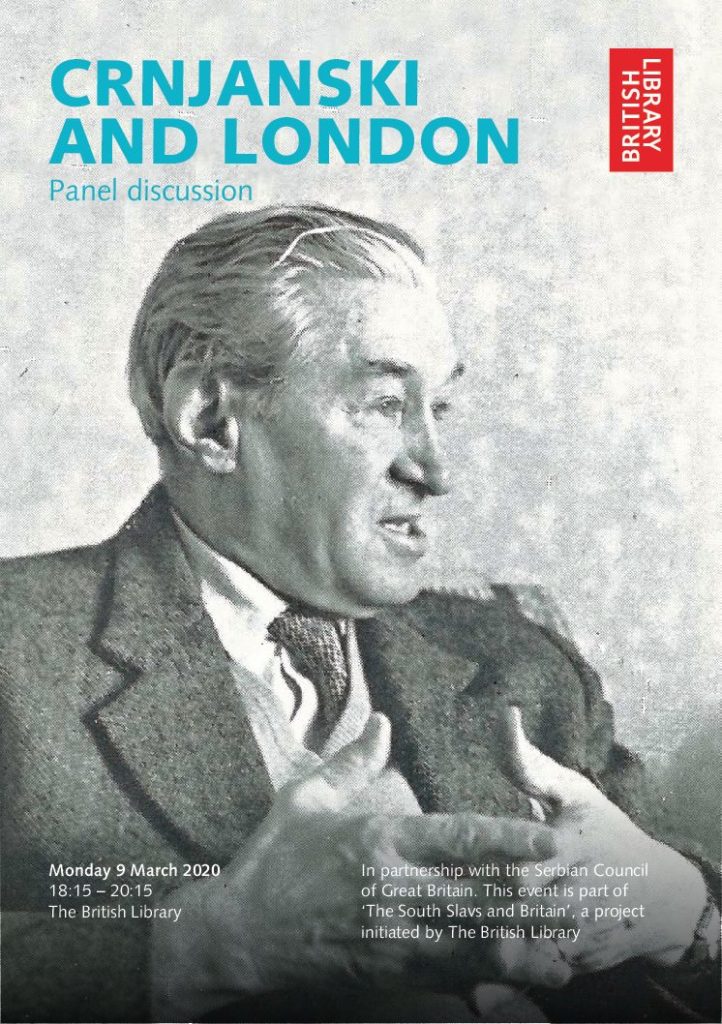
Miloš Crnjanski’s A Novel of London will be the subject of a panel at the London Book Fair, March 9, 2020, at the British Library. The panel will feature the novel’s translator Will Firth, Servian literary and cultural studies professor Dr. David Norris, Christina Pribicevic-Zoric, and Vesna Stanojevic. For those of you who will be at the LBF, […]
Zvonko Karanović Interview at Poetry International

Poetry International, in collaboration with 3:AM Magazine, is showcasing a group of amazing young European poets, including our own Zvonko Karanović, author of Sleepwalkers on a Picnic. Steven Fowler, the Editor of the Maintenant Interview Series, interviewed Zvonko recently, saying: Perhaps with some validation it is often suggested we currently inhabit an onanistic poetic culture. Mere decades ago there […]
Mihajlo “Misha” Djordjevic Book Prize

Rumor has it that Cat Painters: An Anthology of Contemporary Serbian Poetry will be this year’s recipient of the Djordjevic Prize…
Sleepwalking on a Picnic…
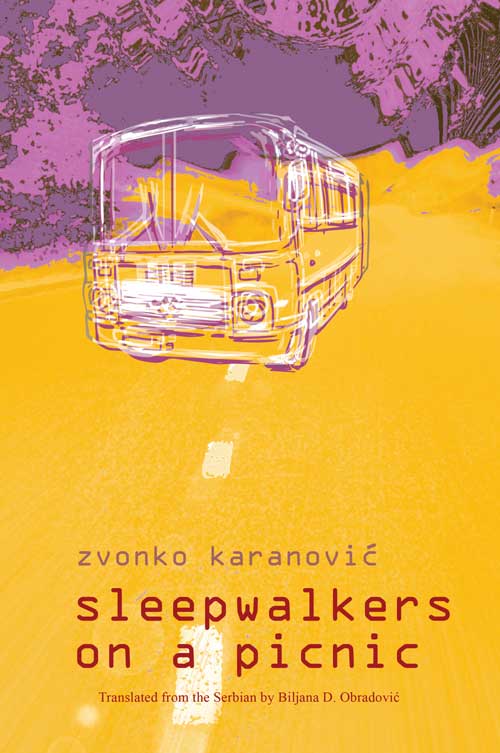
Sleepwalkers on a Picnic introduces poet Zvonko Karanović to English-speaking readers, and in the genre of the prose poem, which is extremely rare in the Serbian poetics. Poems in prose were historically written in the age of symbolism, expressionism and surrealism, however Karanović’s poetics formed during the 80s, in the poetic culture of socialist Yugoslavia.
Laabi

We announce with pride the release of Perishable Poems (Poèmes Périssables) by Abdellatif Laâbi in a new translation by Peter Thompson, continuing our focus on post-colonial literatures of northern Africa. English speakers can now join Africans and Africa scholars in recognizing Abdellatif Laâbi as Morocco’s preeminent living poet.
Cadiot at Diálogos
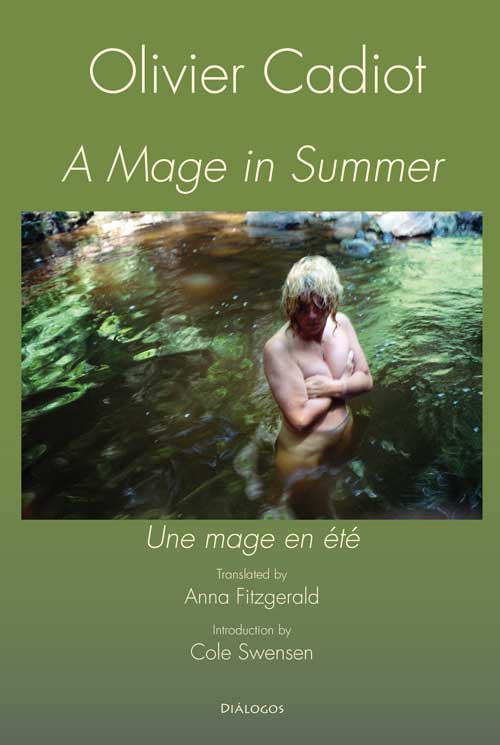
Diálogos is pleased to announce the publication of a new translation of French visionary poet Olivier Cadiot. Anna Fitzgerald‘s translation of his remarkable A Mage in Summer (Un mage en été, original published by POL in 2010), with an introduction by Cole Swensen, is releasing January 1, 2020, with pre-release pricing until then. The book […]
Will Firth on Translating Crnjanski

Will Firth’s article on translating Miloš Crnjanski’s A Novel of London is out at Los Angeles Review of Books. It’ll be a book very soon now. For a foretaste, we have posted the entire text of David Norris’s excellent introduction here.
Seasons greetings from Lavender Ink / Diálogos
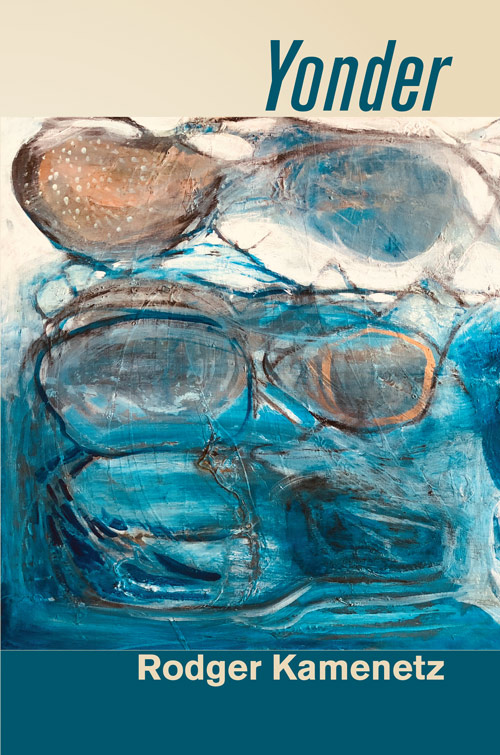
Seasons greetings from Lavender Ink / Diálogos. If Black Friday left you feeling gray, consider some gift or personal buying from an organization committed not to profiting off of quasi-religious holidays but to reinstating the sacred into the everyday. These new and recent releases are currently offered at sale prices. See what you like below or […]
Djaout / Farès: Two New North African Releases
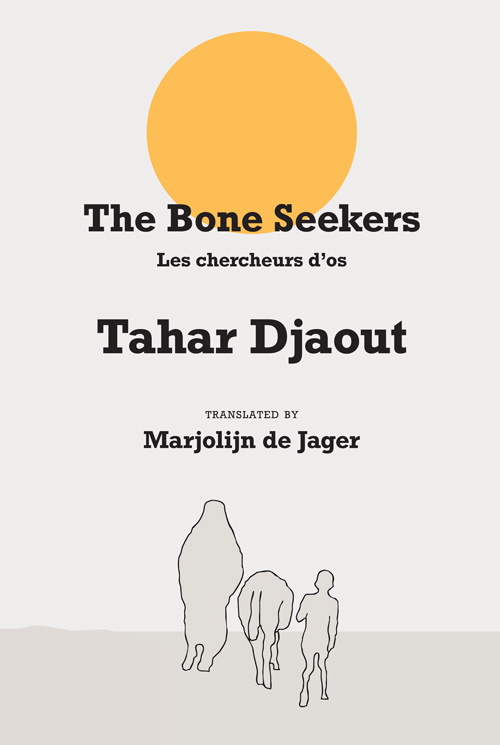
On 26 May, 1993, Algerian novelist and activist Tahar Djaout was shot in the head on his way to work in Algiers. He died in a coma a week later. One of his attackers, a member of the Armed Islamic Group, confessed that he was murdered because he “wielded a fearsome pen…”, a fact that highlights […]
Papasquiaro in LARB
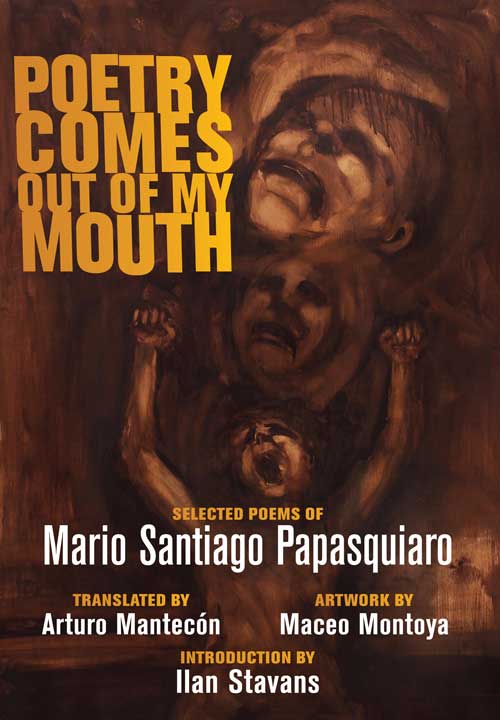
“In death, he is like an apparition. He shows up inconspicuously, tactfully, in a way he never did in life. No matter how deep you look into his past, you won’t find much because most of what he did was impromptu, without a script. He lived in the present, unencumbered, and he left behind a […]
Passing of Marthe Reed

Yesterday, April 10, 2018, Marthe Reed, beloved poet and friend to poets and lovers of poetry all over the world, especially to our community in New Orleans, died, suddenly and tragically, just before she was scheduled to attend the New Orleans Poetry Festival. The festival, this year, will be dedicated to her memory, and we […]
NOPF Approaching
The third iteration of the New Orleans Poetry Festival kicks off in less than two weeks, on Friday evening, April 20. It has been rewarding and heartening to organize this gathering, which threatens to host some 200 poets this year. More than 30 small presses and journals are represented in our book fair, and we’re […]

You must be logged in to post a comment.